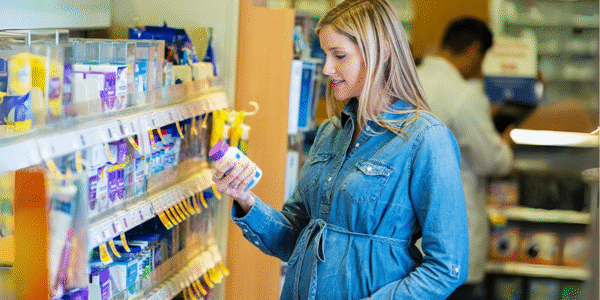Egg freezing is a way to preserve a woman’s fertility so that they are able to have children in the future - there are many reasons as to why a woman may choose to freeze some of her eggs e.g. for social reasons or for medical reasons.
What Is Egg Freezing?
Egg freezing is a process that is used to preserve a woman’s eggs for use in the future. Egg freezing is a safe process. It is the freezing of the eggs that preserves the quality of the eggs, meaning they can be fertilised and implanted at a later date.
Is Egg Freezing for Me?
You may want to consider freezing your eggs if:
- You are worried about your fertility declining but you aren’t ready to have a child right now, or if you’ve not yet found the right partner. (This is also known as selective egg freezing).
- You are at risk of injury or death - for example if you are a member of the armed forces who will be or may be deployed.
- You have a medical condition or will be receiving treatment that may affect your fertility, for example, treatments for cancer. Fertility can be preserved by storing eggs, embryos or both. If egg freezing is for this reason, you may be eligible for NHS funding depending on where you live.
- If you’re a female transitioning to a male, you may want to consider egg freezing to preserve your fertility before starting hormone therapy, or before having reconstructive surgery. Both of these treatments can lead to partial or complete loss of fertility.
- You don’t want to have any embryos that were not used after your IVF treatment for ethical reasons.
When Should I Freeze My Eggs?
The optimum time to freeze your eggs is in your 20’s - early 30’s as this is when both your egg quality and egg quantity are at their best. Freezing your eggs at this stage will give you the best possible chance of a successful pregnancy.
It is possible to freeze your eggs if you’re 35 or older, although studies have shown that pregnancy rates are lower using eggs that are frozen at age 35 and over. It is important to note though that your fertility level is unique to you, so it’s worth contacting a health professional to discuss whether egg freezing is right for you.
How Much Does Egg Freezing Cost?
On average the process of collecting and freezing your eggs costs around £3,350. This excludes the cost of the medication needed throughout the treatment. The cost of medication averages between £500 - £1,500.
There is then a fee that comes with storing your eggs that should be taken into consideration - this fee can be anywhere from £150 to around £350 per year.
Pros and Cons of Egg Freezing?
Every fertility treatment has its pros and cons but ultimately it’s down to you and your healthcare professionals to decide whether egg freezing is for you.
Here are a list of pros and cons worth considering when it comes to egg freezing:
Pros
You’re in control - as no sperm is required at the time of your eggs being frozen and the fact that it is just your genes involved, it means that you can keep your options open for a time when you’re ready to make a decision.
You’re essentially freezing time - depending on your age, if you’re in your 20’s - early 30’s, freezing your eggs now gives you the best possible chance at having a successful pregnancy in the future.
Egg freezing has a lower upfront cost - as IVF isn’t yet a factor to consider, the initial costs are far less, allowing for more time to save for IVF cycles in the future.
Cons
Side effects and risks - The injectable medication used for simulating the uterus may cause side effects such as swollen or painful ovaries, cramping, and nausea.
The medication may possibly cause more serious side effects like dehydration and blood clots.
Unknown viability - it’s hard to predict whether the retrieved eggs will be viable or not until after they’ve been fertilised. Thankfully, usually, there are multiple eggs retrieved in one single cycle, giving you a greater chance of having viable eggs and embryos in the future.
Does the NHS Offer Egg Freezing?
As mentioned above, the NHS may be able to fund your egg freezing if you meet their criteria for funding. If egg freezing is necessary due to a medical condition or illness that may affect your fertility.






